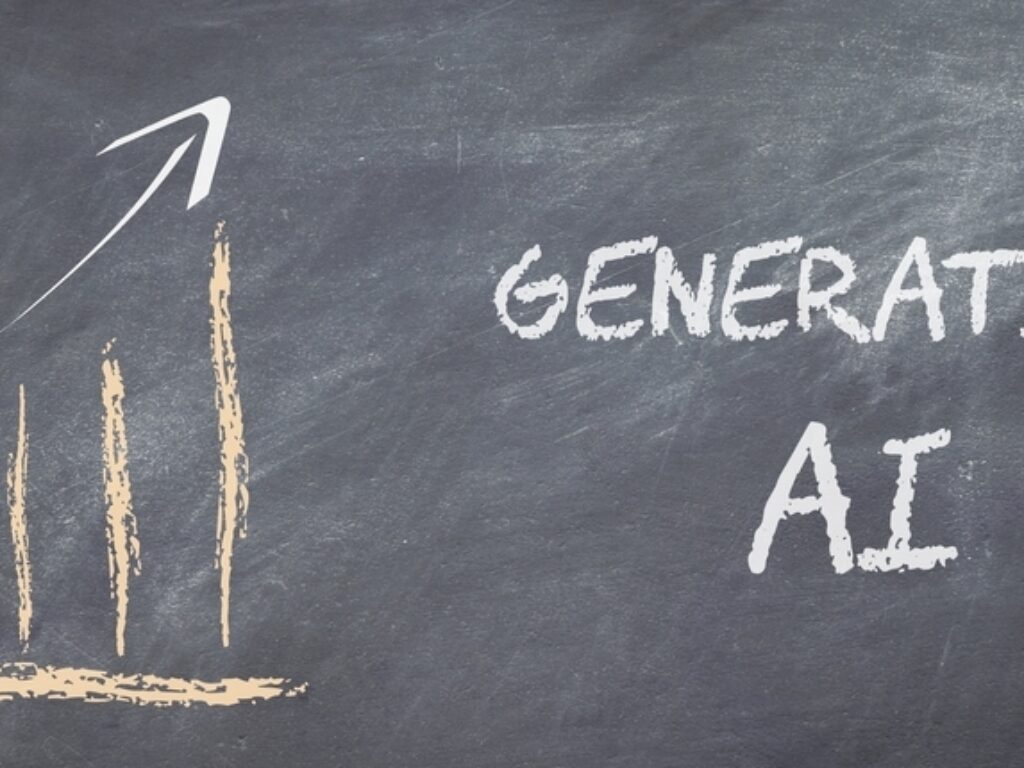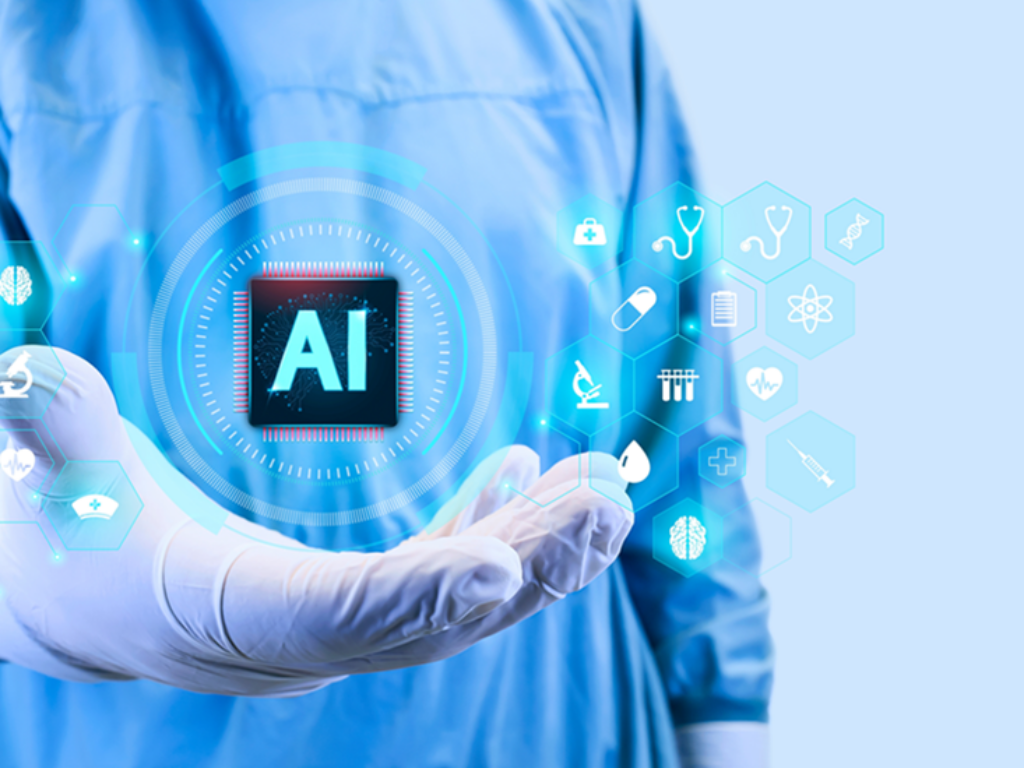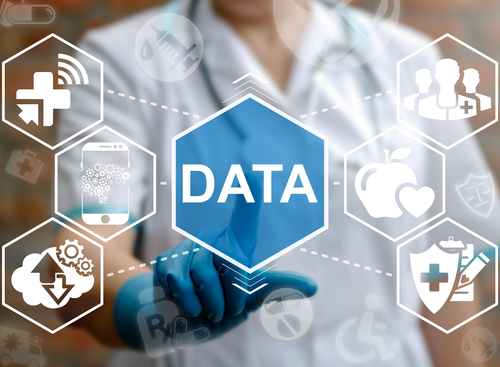UiPath embeds Anthropic’s Claude LLMs to fuel UiPath Autopilot for everyone, Clipboard AI, and a new GenAI healthcare solution to offer customers improved productivity, cost savings, and decision-making capabilities UiPath (NYSE: PATH), a leading enterprise automation and AI software company, announced the integration of Anthropic’s large language model (LLM), Claude 3.5 Sonnet, to deliver new AI features in three key […]
UiPath Integrates Anthropic Claude Language Models to Deliver Next Generation AI Assistant and Solutions
Predictive Analytics: A Glimpse into Your Health’s Tomorrow!
In this contributed article, Sanket Patel, co-founder of Digicorp, discusses how in the healthcare industry, predictive analytics aims to foresee patient health trends, treatment outcomes, and potential risks by analyzing vast amounts of medical data.
New Research: Healthcare + Life Sciences Leading Industries in AI Adoption
Vultr’s latest industry report, Unlocking the Power of AI in Healthcare & Life Sciences, outlines the AI adoption and maturity successes the Healthcare & Life Sciences (H&LS) sector have implemented to positively impact enterprises and their finances.
Regulators Must Keep Pace with Advancement of AI for Fresh and Innovative Healthcare Benefits
In this contributed article, Elaine Gemmell, Head of Regulatory Affairs at InnoScot Health, discusses regulators needing to keep pace with advancement of artificial intelligence for fresh and innovative healthcare benefits.
New Study Puts Claude3 and GPT-4 up Against a Medical Knowledge Pressure Test
Kahun, the evidence-based clinical AI engine for healthcare providers, shares the findings from a new study on the medical capabilities of readily-available large language models (LLMs). The study compared the medical accuracy of OpenAI’s GPT-4 and Anthropic’s Claude3-Opus to each other and human medical experts through questions based on objective medical knowledge drawn from Kahun’s Knowledge Graph.
In AI We Don’t Trust: Too Many Healthcare Insurers Base Decisions on Assumption Over Data, Report Reveals
The healthcare insurance sector in the US is struggling to make critical decisions due to a severe lack of accessibility, context and trust in their data. That is according to a new international study by ActiveOps, a leading provider of AI-powered decision intelligence for service operations.
The Transformative Role of AI in the Healthcare Industry
In this feature article, Daniel D. Gutierrez, insideAInews Editor-in-Chief & Resident Data Scientist, discusses how the integration of AI into healthcare systems promises to enhance patient care, streamline clinical operations, and foster innovative research, marking a significant shift in how medical services are delivered and experienced.
How Can Data Science Accelerate Drug Discovery Processes?
In this contributed article, April Miller, senior IT and cybersecurity writer for ReHack Magazine, describes how thoughtfully applied data science principles and tools empower modern researchers to find new, viable treatment methods for various diseases and ailments. Humans will always be essential to drug discoveries, but the fascinating examples here and elsewhere show the power of using purposeful data analytics to meet shared goals.
Where Artificial Intelligence Is Making a Difference in Healthcare
In this contributed article, Rajesh Viswanathan, Chief Technology Officer for Inovalon, discusses how for the past year, AI was at the center of conversations throughout healthcare. While the potential for AI to revolutionize healthcare is clear, from care delivery to enhancing operational efficiencies and accelerating research, many organizations are still figuring out where to begin.
Quantum-Enhanced Generative AI Generates Viable Cancer Drug Candidates
Zapata Computing, Inc., the Industrial Generative AI company, announced that its scientists, in collaboration with Insilico Medicine, the University of Toronto, and St. Jude Children’s Research Hospital have demonstrated the first instance of a generative model running on quantum hardware outperforming state-of-the-art classical models in generating viable cancer drug candidates. The research points to a promising future of hybrid quantum generative AI for drug discovery using today’s quantum devices.









